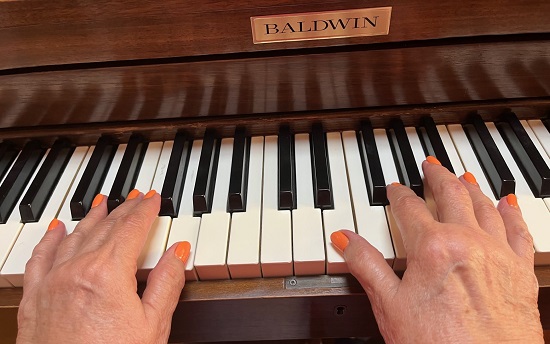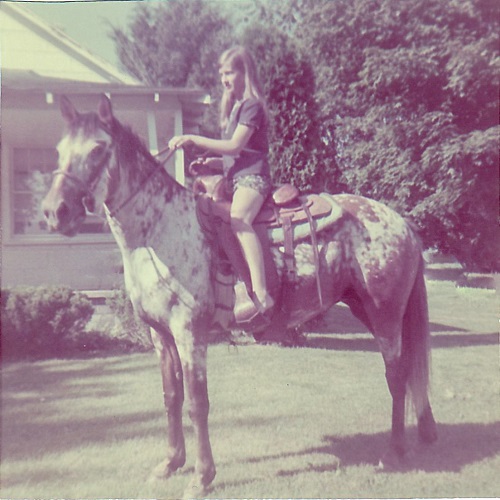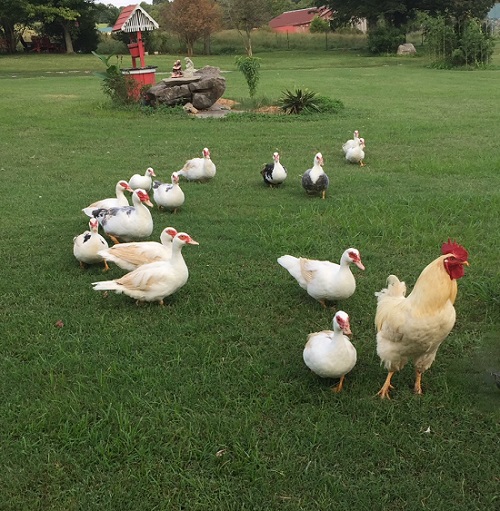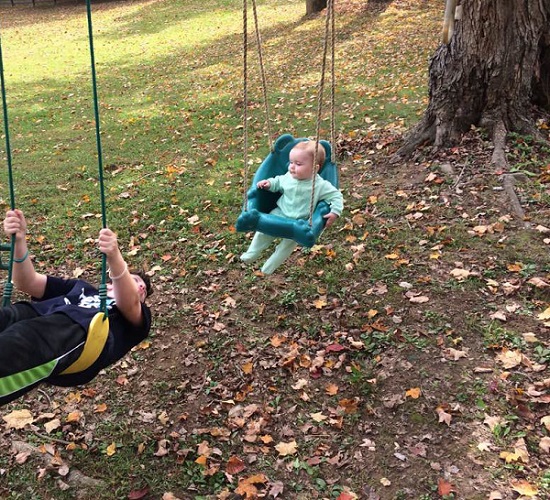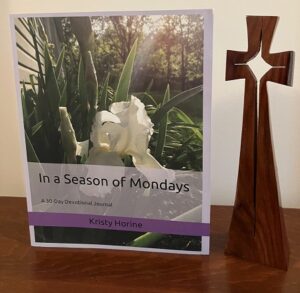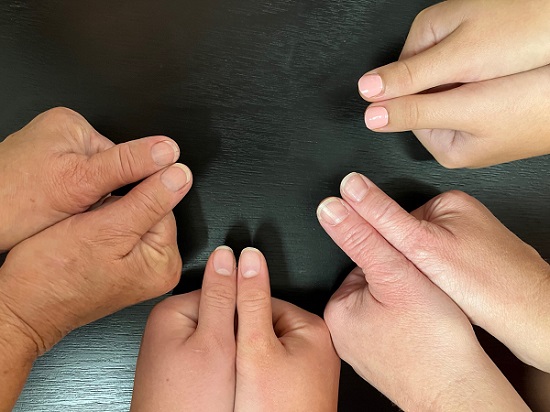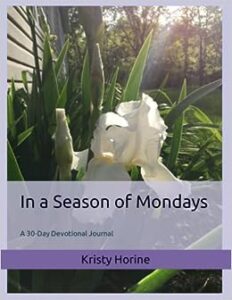Tight as Bark on a Tree
 We don’t want to overspend, and we do want to save. Yet, we rarely want to be called tight as bark on a tree.
We don’t want to overspend, and we do want to save. Yet, we rarely want to be called tight as bark on a tree.
Tight as bark on a tree means extremely careful with money.
Other descriptions include:
- Stingy
- Penny-pinching
- Frugal
- Tightfisted
In areas with Blackjack oak trees, we frequently hear “as tight as bark on a blackjack.”
If we are tight spenders, we buy only when absolutely necessary.
Money never burns a hole in our pockets. Instead, we lock our pockets and throw away the key! We make do with what we have in order to save.
Although we should save, we don’t want to go overboard.
Money is a means to an end, not the end itself. We use it to meet our needs and the needs of others both now and in the future.
When tempted to remain tight as bark on a tree, let’s remember:
- We can’t take it with us.
- We can invest in what holds lasting value.
Definitely save for a rainy day. At the same time, spend money and all of life as God leads today.
“One gives freely, yet grows all the richer; another withholds what he should give, and only suffers want” (Proverbs 11:24 ESV).
Thanks to Billie Sue Kibbons and Lynn Kibbons Collins for the suggestion they recalled from Granny Rosa Fay Scott who lived near an area known as Black Jack, Missouri. Photo by Marta Wave on Pexels.
Do you have an expression you want explained or a thought about this one? If so, please comment below.
Subscribe to receive my weekly posts by email and receive a free copy of “Words of Hope for Days that Hurt.”
If you enjoyed this post, please share it with your friends.

